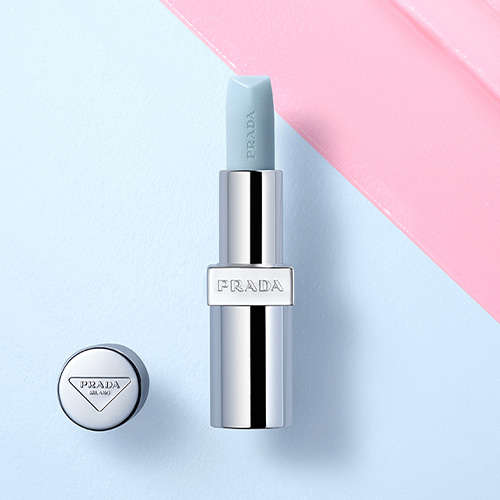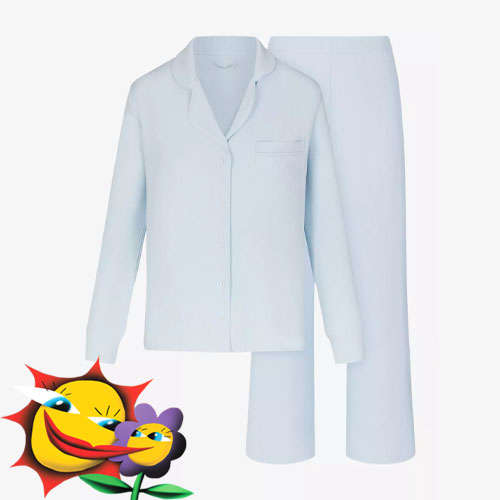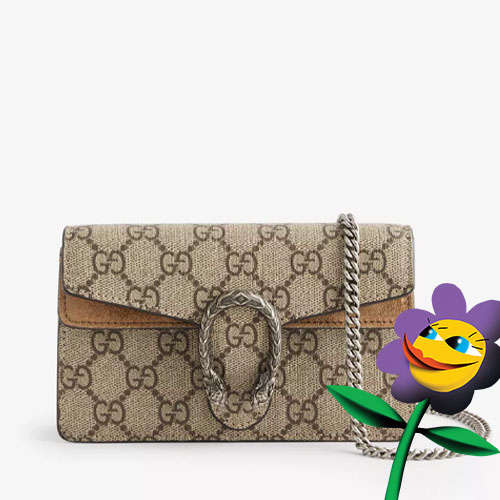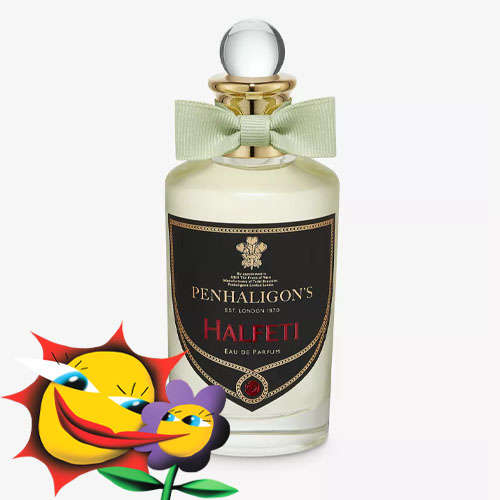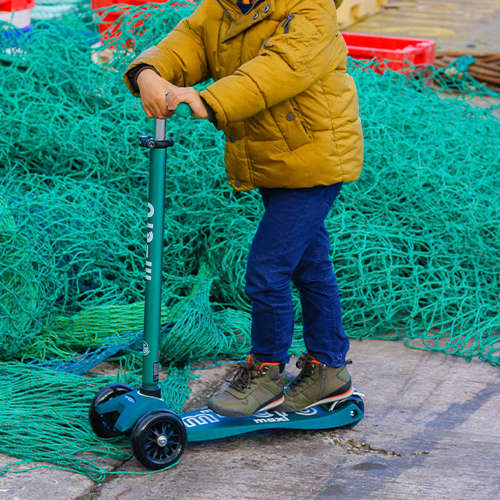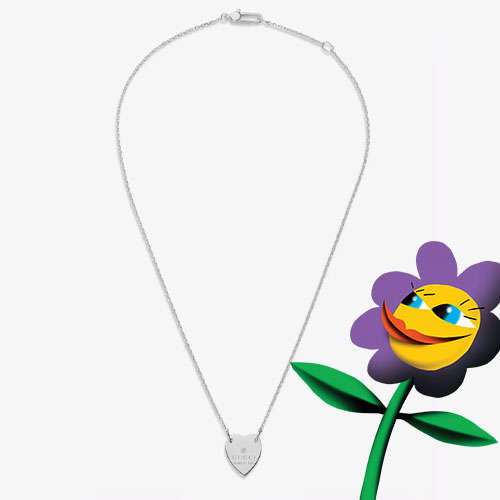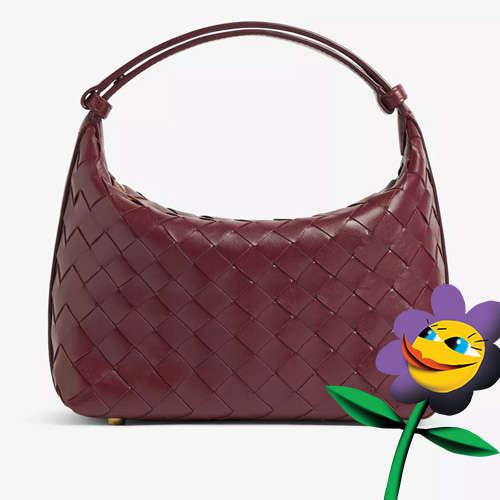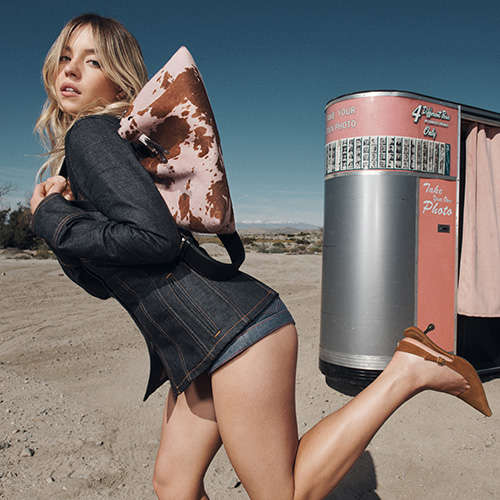- Australia / AUD $
- Canada / CAD $
- China / CNY ¥
- France / EUR €
- Germany / EUR €
- Hong Kong SAR China / HKD $
- Ireland / EUR €
- Italy / EUR €
- Japan / YEN ¥
- Kuwait / USD $
- Macao SAR China / HKD $
- Netherlands / EUR €
- Qatar / USD $
- Saudi Arabia / USD $
- Singapore / SGD $
- South Korea / KRW ₩
- Spain / EUR €
- Taiwan / TWD $
- United Arab Emirates / USD $
- United Kingdom / GBP £
- United States / USD $
- Not yours? Read more
Tell us what you think
Shop in your local currency and language
You are currently in Taiwan TW / TWD $ store
- English
- English
- English
- English
- English
- English
- English
- English
- English
- English
- English
- English
- English
- English
- English
- English
- English
- English
- English
- English
- English
Did you know that we deliver to 130 countries or regions and offer a range of delivery options to suit you wherever you are in the world? Find out more
Sign up once to our Selfridges+ service and you can enjoy unlimited deliveries wherever you are in the world. FIND OUT MORE
International delivery
With almost everything on selfridges.com available for International Delivery, you can send your order to 130 countries or regions around the world, including North America, Australia, the Middle East and China.
Although we only offer 20 currencies to browse in online, you can still deliver to all of the following countries or regions:
- Algeria
- Andorra
- Antigua and Barbuda
- Aruba
- Australia
- Austria
- Azerbaijan
- Bahrain
- Bangladesh
- Barbados
- Belarus
- Belgium
- Belize
- Bermuda
- Bolivia
- Botswana
- Brunei
- Bulgaria
- Cambodia
- Canada
- Cayman Islands
- Chile
- China
- Colombia
- Costa Rica
- Croatia
- Cyprus
- Czech Republic
- Denmark
- Dominica
- Dominican Republic
- Ecuador
- Egypt
- El Salvador
- Estonia
- Finland
- France
- French Guiana
- Germany
- Gibraltar
- Greece
- Grenada
- Guadeloupe
- Guatemala
- Guernsey
- Guyana
- Honduras
- Hong Kong
- Hungary
- Iceland
- India
- Indonesia
- Ireland
- Israel
- Italy
- Jamaica
- Japan
- Jersey
- Jordan
- Kazakhstan
- Kenya
- Kuwait
- Laos
- Latvia
- Lebanon
- Lesotho
- Liechtenstein
- Lithuania
- Luxembourg
- Macau
- Malaysia
- Maldives
- Malta
- Martinique
- Mayotte
- Mexico
- Monaco
- Montserrat
- Morocco
- Myanmar
- Namibia
- Netherlands
- New Zealand
- Nicaragua
- Nigeria
- Norway
- Oman
- Pakistan
- Panama
- Paraguay
- Peru
- Philippines
- Poland
- Portugal
- Puerto Rico
- Qatar
- Reunion
- Romania
- Rwanda
- Saint Kitts and Nevis
- Saint Lucia
- Saint Martin (French part)
- San Marino
- Saudi Arabia
- Serbia
- Singapore
- Slovakia
- Slovenia
- South Africa
- South Korea
- Spain
- Sri Lanka
- Suriname
- Swaziland
- Sweden
- Switzerland
- Taiwan
- Tanzania
- Thailand
- Trinidad and Tobago
- Turkey
- Uganda
- Ukraine
- United Arab Emirates
- United Kingdom
- United States
- Uruguay
- Venezuela
- Vietnam
In a 24-hour news cycle that tells us the world is critically endangered, it can be hard to figure out how we can keep on doing our bit for the planet in 2020. As part of Happy New Decade – our latest campaign in which we’re looking towards a brighter future – Selfridges’ eco agony aunt is here to relieve your eco-anxiety and answer your burning sustainability dilemmas.
Dear Selfridges...
I’ve watched the documentaries that delve into the murky side of the food industry, and I know veganism is held up as the best way to eat without harming the planet. But what are you supposed to do if you can’t face a life without roast chicken, cheeseburgers and poached eggs? Is a plant-based diet the only way we can make a difference?
Ben, London
Dear Ben…
Top marks for doing your research, Ben. The meat industry’s responsible for 51 per cent of global greenhouse gas emissions, so cutting down on, if not cutting out meat completely, is a great way to minimise your impact. But, actually, the most important thing is to really consider where your food comes from.
Take palm-oil-free products… Found in over 50 per cent of all supermarket products, palm oil is a major source of forest destruction. (Not-so) fun fact: around 24 million hectares of rainforest (an area the size of the UK) was destroyed in Indonesia between 1990 and 2015 to get more land to grow palm oil, wiping out habitats and endangering species like the orangutan.
Thankfully, Selfridges is now completely palm oil-free across all 280 products in the Selfridges Selection range, so you can indulge in everything from sea-salt caramels to ginger-biscuit thins to your heart’s content. Just as good, if not better, than a roast chicken or a cheeseburger, I’d say. Bon appétit!

Dear Selfridges...
I live my life by the mantra ‘there’s no such thing as too much twinkle’ – so I was horrified when a friend told me glitter is environmentally unfriendly. I’d feel naked going out on a Saturday night without my signature ‘disco-ball eyelids’. How can I be more sustainable, without losing my sparkle?
Janet, Liverpool
Dear Janet…
Who doesn’t love a bit of sparkle? But I must ask: what’s a ‘disco-ball eyelid’? It sounds kind of uncomfortable.
Anyway… your friend’s right: those pretty little specks are bad news for the planet, I’m afraid. Why? Well, they’re made from etched aluminium bonded to polyethylene terephthalate (PET) – basically, a form of microplastic that can find its way into our oceans, harm marine life (which mistakes it for food), and then be consumed by humans via seafood and tap water.
But fear not: a handful of beauty brands have make-up palettes that are PET-glitter free (ie: sans the bad stuff). Lime Crime’s Venus XL II eyeshadow set contains biodegradable glitter particles, so you can get those Studio 54 vibes, guilt-free.
Oh, and how are you taking off those disco numbers? Single-use face wipes (no longer stocked at Selfridges, BTW) are typically made from polyethylene and polypropylene, which don’t disintegrate and end up blocking sewers, causing fatbergs (you’ve seen the images, right?) and littering our beaches. Try the non-toxic, reusable Face Halo versions instead.
Shine on, sister…

Dear Selfridges...
In 2019, I took some steps to make my day-to-day wardrobe more eco-friendly: I invested in trans-seasonal pieces from sustainably minded brands such as Ninety Percent, Boyish and Veja; I learned how to sew so I can repair something if it gets damaged, and I buy more vintage clothing, from platforms such as Vestiaire Collective. It’s just that I find it so hard to do the same for my going-out wardrobe. I’ve got a few friends’ birthday parties coming up, but I haven’t RSVP’d yet as all I can find to wear are voluminous hemp dresses. What can I do?
Hazel, Kent
Dear Hazel…
Well, Cinderella, you shall go to the ball – and in a fancy frock… But first: high-five for adopting a slower approach to fashion – it has a positive impact on issues such as carbon emissions, water wastage and landfill pile-ups.
When it comes to eveningwear, there are lots of conscious-clothing options out there. You may think of Reformation as the go-to for Instagrammable summer dresses, but the LA-based brand champions all things sustainable, year-round. And I’ve got just the thing for you… The emerald-hued, puff-sleeved, lustrous satin Starlight dress, which saved over 10 pounds of carbon dioxide and 10 gallons of water in production. Style it with the Doris bag from Yuzefi that’s made from responsible leather – which uses less water and fewer chemicals to reduce the overall environmental impact of the tanning process – and you’ve got planet-friendly partywear all sewn up.

Dear Selfridges...
I’m 35 years old and I have a shocking confession to make: I have no idea how to recycle. My office has a very organised recycling system, that, while admirable, completely intimidates me. There have been several times when I’ve put my lunch rubbish in what I thought was the correct bin – either recyclable or non-recyclable – only for it to reappear as a picture in an email sent to the entire office as an example of reckless recycling. The shame! How can I enjoy my lunch without the fear of being fired once I’ve finished it? How do I recycle?
Seb, Surrey
Dear Seb…
Oh, Seb – I feel your pain. It takes courage to admit something like this, so I applaud you. And you’re not alone. A recent survey revealed that while 8 out of 10 people believe that recycling makes a difference, they have no idea how to do it. Surprising, right?
It’s commendable your office understands the importance of recycling – recycling just 10 plastic bottles saves enough energy to power a laptop for more than 25 hours, so the benefits are huge. But putting non-recyclable items in the recycling bin can contaminate the recycling stream, so this may be one case where a mass email is justified! And because I believe everyone should be able to enjoy their lunch hour almost as much as I believe in the power of recycling, here’s a list of what you can and can’t recycle in the office kitchen:
Recyclable
Disposable paper, plastic or card plates and bowls (empty and rinsed of any leftover food or liquids, which should go in the food waste bin)
Juice and milk cartons (plastic tops left on)
Aluminium takeaway trays
Food tins (lids placed inside)
Drink cans
Non-recyclable
Crisp packets
Laminated food or drink pouches
Sweet wrappers
Cling film
Coffee pods and capsules
Wooden cutlery (to be placed in a garden waste collection instead)

